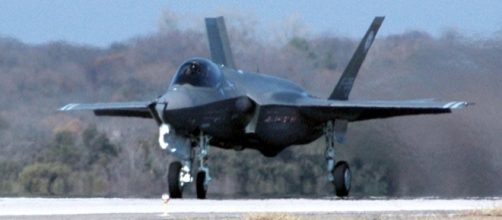The Department Of Defense (DOD) reported this week in their comprehensive Selected Acquisition Reports (SARs) report for the first quarter of the 2017 fiscal year that their current major weapons acquisition program will cost more than anticipated. The report has also taken into account President Donald Trump's 2018 fiscal budget submission. It will cost the Pentagon roughly $105 billion dollars more than previous estimates had pegged for the trillion dollar program.
Information from the DOD's report
In the report, the DOD estimated that its weapons acquisition program will end up having a total cost of $1.89 trillion dollars, which is $105 billion dollars more than the department's previous estimates.
Certain items as part of the program, like the major weapons systems for the F-35 Joint Strike Fighter, the U.S. Navy's Ford-class nuclear aircraft carriers, and the Army's UH-60 Black Hawk helicopter program, have been on a continuously increasing path in terms of their cost.
For the Pentagon's December 2016 reporting period they racked up a net cost increase of $98.9 billion dollars. This is an increase in cost of 5.81% for the 80 major weapons systems that are currently in production. Adding to the increase in cost is the fact that at least seven new programs have been added to the list of weapons systems and military hardware as part of the overall weapons acquisition program.
However, the DOD cited in its report that the primary reason for the increased cost was because of net increases in the planned quantities to be purchased.
Also mentioned was the net increase in engineering changes to both hardware and software, as well as a “net stretch-out” of procurement and development schedules.
Funding challenges Trump Administration and Congress
The increase in the cost of the DOD's major weapons acquisition program is going to pose major funding challenges for President Donald Trump's administration and Congress.
One of President Trump's campaign promises during the election was that he was going to rebuild and modernize the military, as well as increase national readiness and project military might around the world. He also promised to modernize America's missile defense and cyber security programs.
Many defense hawk Republicans in Congress have agreed with boosting the military budget, even beyond what Trump has proposed. By raising defense spending and lifting the legal caps on it, the Pentagon has more incentive to boost spending on programs and defense contracts.


